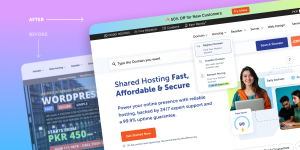🚨 SAFE Investments: Simple, Fast—but Are They Really Safe?

✍️ In this blog
Just reviewed a research, i think every early-stage investor and founder should read before signing a SAFE.
🔍 What is a SAFE?
A SAFE (Simple Agreement for Future Equity) is a contract that allows investors to fund startups in exchange for future equity—typically at a discount or valuation cap—once a priced round occurs. Originally designed by Y Combinator, SAFEs are fast and founder-friendly, but they come with critical risks.
💡 Key Insights from the Discussion:
- No Equity Until Conversion
- SAFE holders have zero ownership until a priced round happens. If the startup never raises again, the SAFE may never convert.
- Liquidity Event Clauses Exist—but Are Vague
- YC SAFEs include provisions for IPOs or acquisitions, but payout mechanics and tax implications remain unclear.
- Dilution Risk Without Pro-Rata Rights
- Without a side letter, early investors can be diluted in future rounds with no right to maintain their stake.
- Founder Misalignment
- Founders avoiding VC funding to prevent dilution may signal misalignment with investor growth expectations.
- Valuation Trap
- A $1M cap might seem attractive, but if the company grows without raising more capital, early investors could miss out on meaningful upside.
- No Investor Representation
- In early SAFE rounds without a lead investor, angels may lack negotiation leverage or visibility into future terms.
- Emotional & Strategic Complexity
- One investor shared how a $30K SAFE turned into a long-term uncertainty due to founder fallout, lack of transparency, and unclear growth plans
📣 Takeaway for Angels & Advisors:
If you’re investing via SAFE, ensure there’s a realistic path to a priced round. Consider negotiating for pro-rata rights or direct equity if the founder plans to bootstrap or avoid VC.
💬 Have you faced SAFE conversion challenges or misalignment with founders? Let’s share lessons and shape better early-stage deal structures.
We at Pitch Deck Guru produce several growth accelerations features for our clients according to their business needs. Most common tools include Whitepapers, eBooks, Business Reporting, Executive Summaries, and Research Articles.
Email us today!




